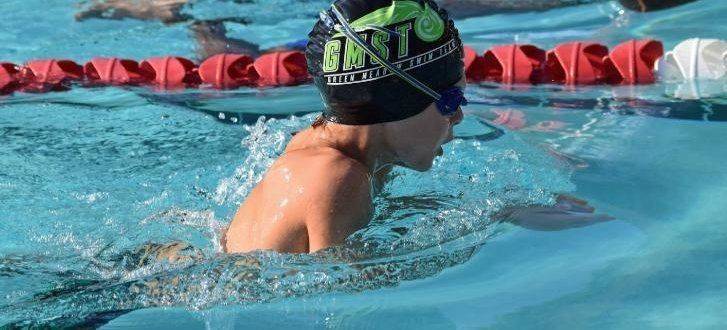
We all know how important the role of proper nutrition is in improving our level and quality of life. How much more is this important when we refer to child and adolescent athletes and especially to those who aim to maximize their athletic performance.
The dietary requirements of the child and adolescent athlete are particularly increased not only due to training but also the acceleration of growth. Childhood and adolescence are periods of rapid physical, mental and emotional development, the pace of which varies from person to person. During this period, children and teenagers have an extremely large appetite and only if it is covered by a corresponding intake will it be able to cope with their increased demands. At this age, moreover, both sexes tend to assert their independence. One proof is their diet outside the home with sweet, carbonated drinks and junk food, at the expense of main meals which more fully cover their nutritional needs. Children and teenagers often skip meals (especially breakfast), eat strange foods at unusual times, and mostly dislike legumes, vegetables, fish, etc.
A diet of this kind does not necessarily cause health problems if it contains foods of high nutrient content and caloric intake that does not greatly exceed energy needs. Due to the fact that the eating habits of children and adolescents do not cover their nutrient requirements it is reasonable to expect dietary deficiencies in many people of this age. Research on dietary intake indicates that the amounts of calcium, iron and other trace elements and some vitamins consumed are lower than those recommended.
The long-term health impact of children's eating habits is serious. Tooth decay is a common occurrence during childhood and later life. There is evidence to show that diseases such as atherosclerosis have their roots early in life.
MARIA ELENI PAPADOKOSTANTAKI
Dietician - Nutritionist MSc

No Comments